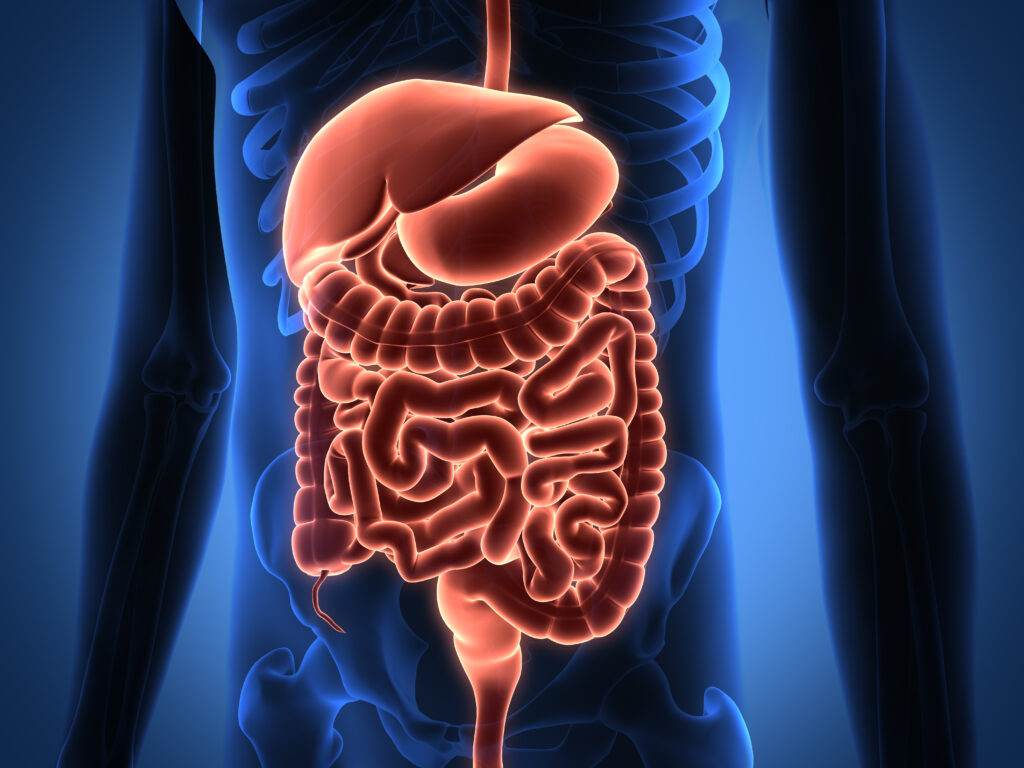News
Targeting Cellular Metabolism to Treat Autoimmune Diseases

A recent study published in Cell Reports by researchers at the LIH and the University of Luxembourg explores the manipulation of T cell metabolism to interfere with the function of autoreactive Th17 cells implicated in autoimmune diseases, revealing promising insights into the connection between cellular metabolism and epigenetic modifications.
T cells are a type of white blood cell that plays a critical role in our immune system. They help to protect us from pathogens such as viruses, bacteria, as well as attacking cancer cells. One type of T cells; Th17 cells, play a role in fighting bacterial infections but have also been implicated as drivers in autoimmune diseases, in which the immune system mistakenly attacks the body’s own tissues. For example, Th17 cells have been linked to diseases like multiple sclerosis, psoriasis, and inflammatory bowel disease.
A recent study by researchers the LIH and the University of Luxembourg aimed to understand the molecular and metabolic regulation of autoreactive Th17 cells to interfere with their ability to cause disease-causing function. Using a sophisticated genetic approach, the researchers changed the flux and usage of glucose in these T cells, which is their primary fuel. “We were surprised that these dramatic changes in central carbon metabolism did not lead to an energy crisis of Th17 cells but interfered with their function,” elaborates Dr Leticia Soriano-Baguet, the first author of the study.
The study found that changes in glucose metabolism affected how Th17 cells can read and use their genetic information. Specifically, glucose metabolism is important for generating certain metabolites that alter the epigenetic profile within Th17 cells. Epigenetic modifications are changes to our genetic material that do not alter to the underlying DNA sequence itself, but affect how genes are turned on or off. One common type of epigenetic modification is the addition of acetyl groups to histone proteins around which DNA is wrapped. These modifications promote the expression of certain genes, depending on their location and number. “When we redirected the glucose flux within Th17 cells, we found fewer epigenetic modifications at genes that are important for the disease-causing function of Th17 cells. This reduced the gene activation specifically of these affected genes,” specified Prof Brenner. According to him, elucidating mechanistic insights between cellular metabolism and epigenetic modification are very promising for developing drugs tailored to specifically treat autoimmune diseases and cancer. However, more research is needed to answer questions such as how general metabolic changes in immune cells can lead to specific epigenetic alterations that affect only specific genes.
The manipulation of metabolism in immune cells, especially T cells, is promising for interfering with inflammatory autoimmune diseases,
explains Prof Dirk Brenner.
The study entitled “Pyruvate dehydrogenase fuels a critical citrate pool that is essential for Th17 cell effector functions,” was published at the end of March 2023 in Cell Reports, a multidisciplinary journal of the prestigious Cell Press Group. To accompany this, the authors have published a review article summarizing the current state of knowledge of these exciting advancements in a larger context. This article is available in the current issue (March 2023) of the leading scientific journal Trends in Immunology (Cell Press) under the title “Metabolism and epigenetics at the heart of T cell function.“







